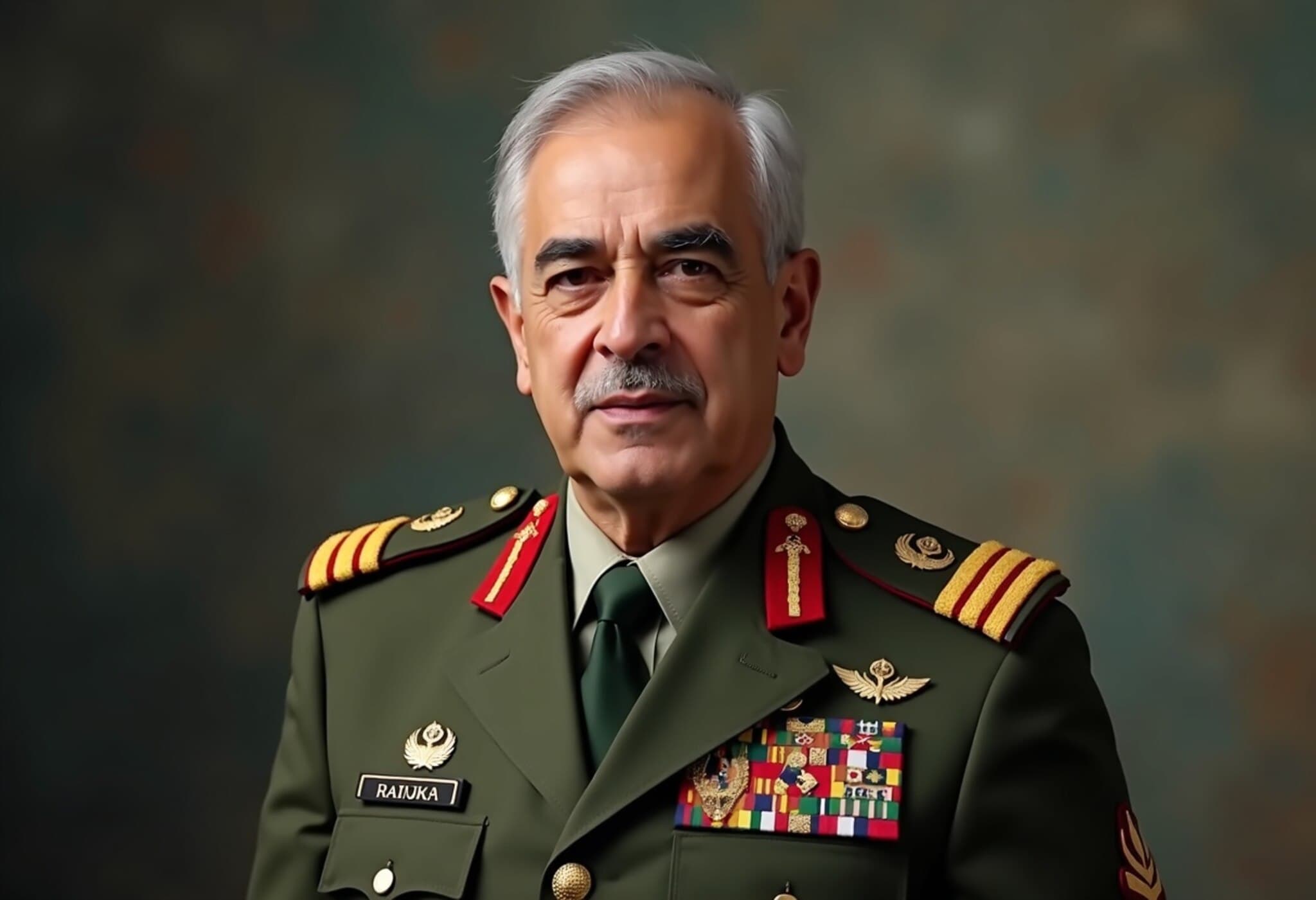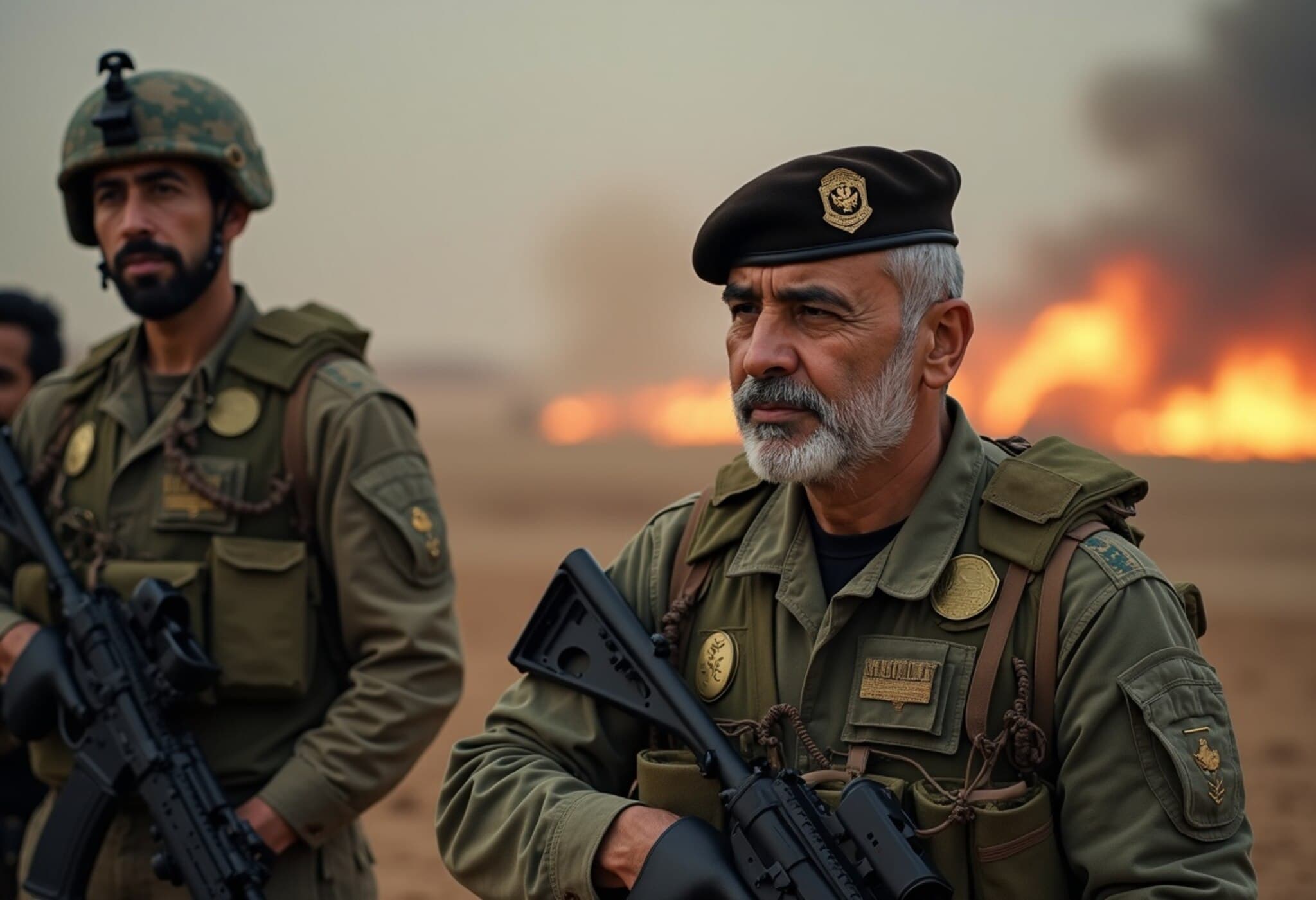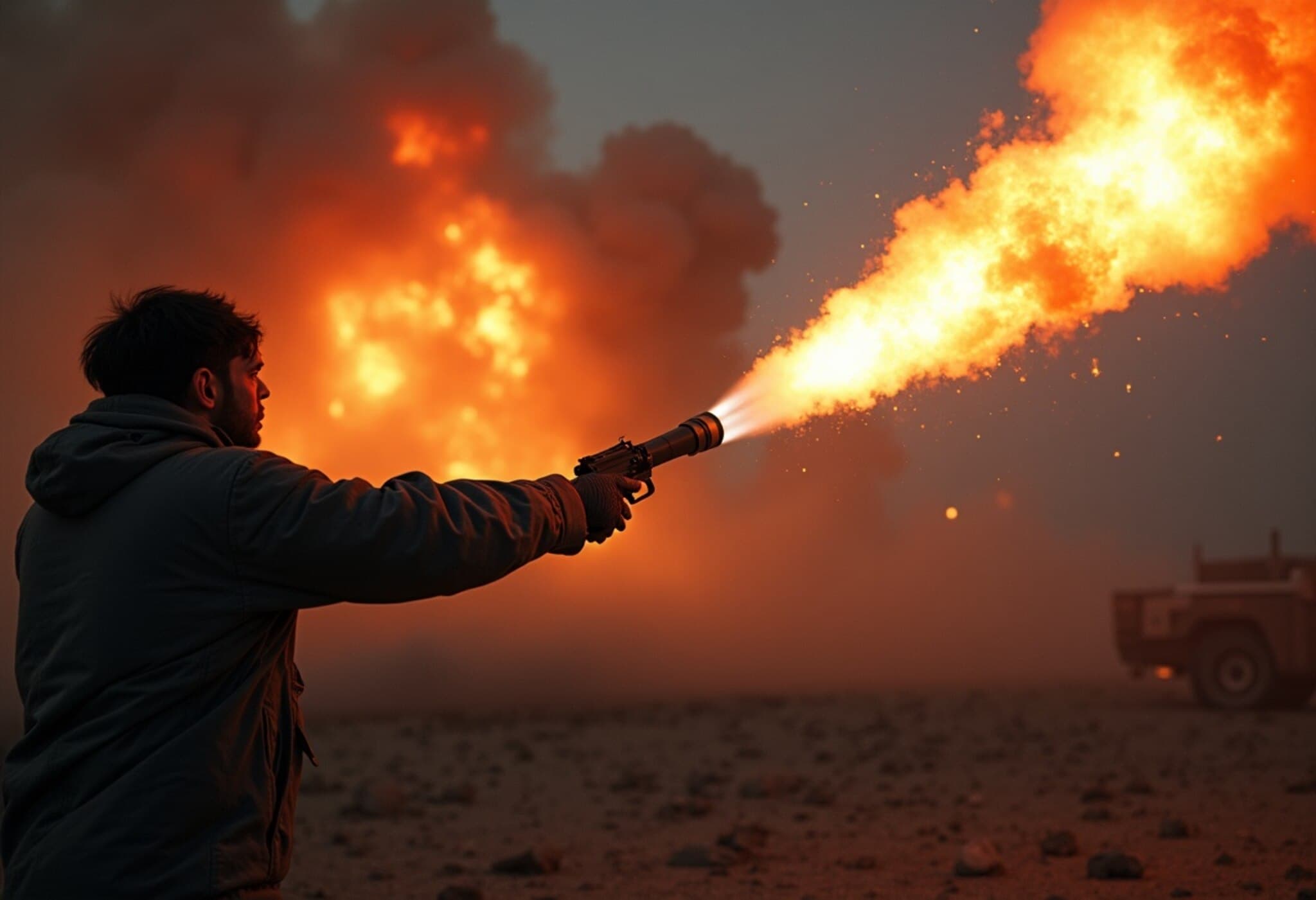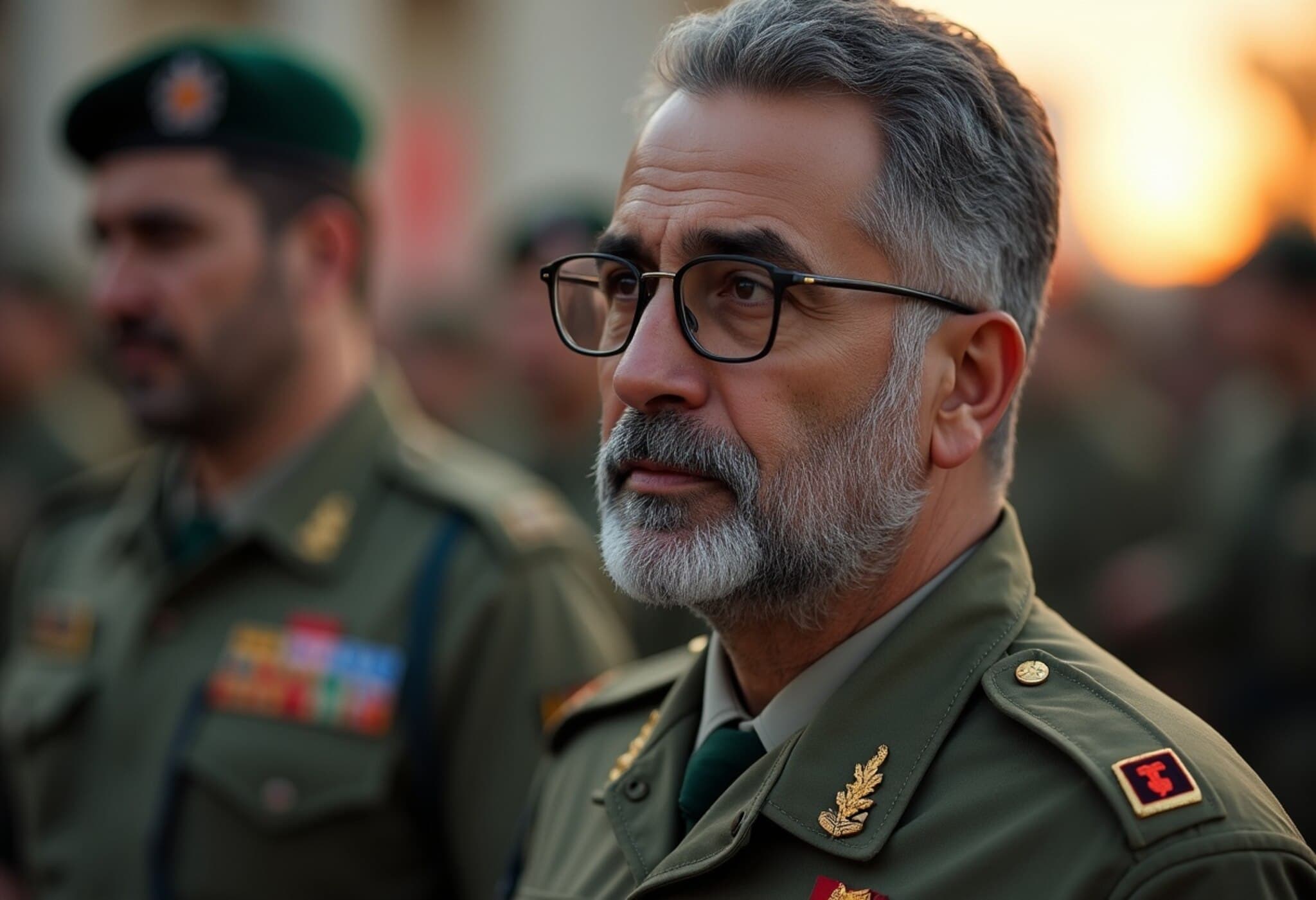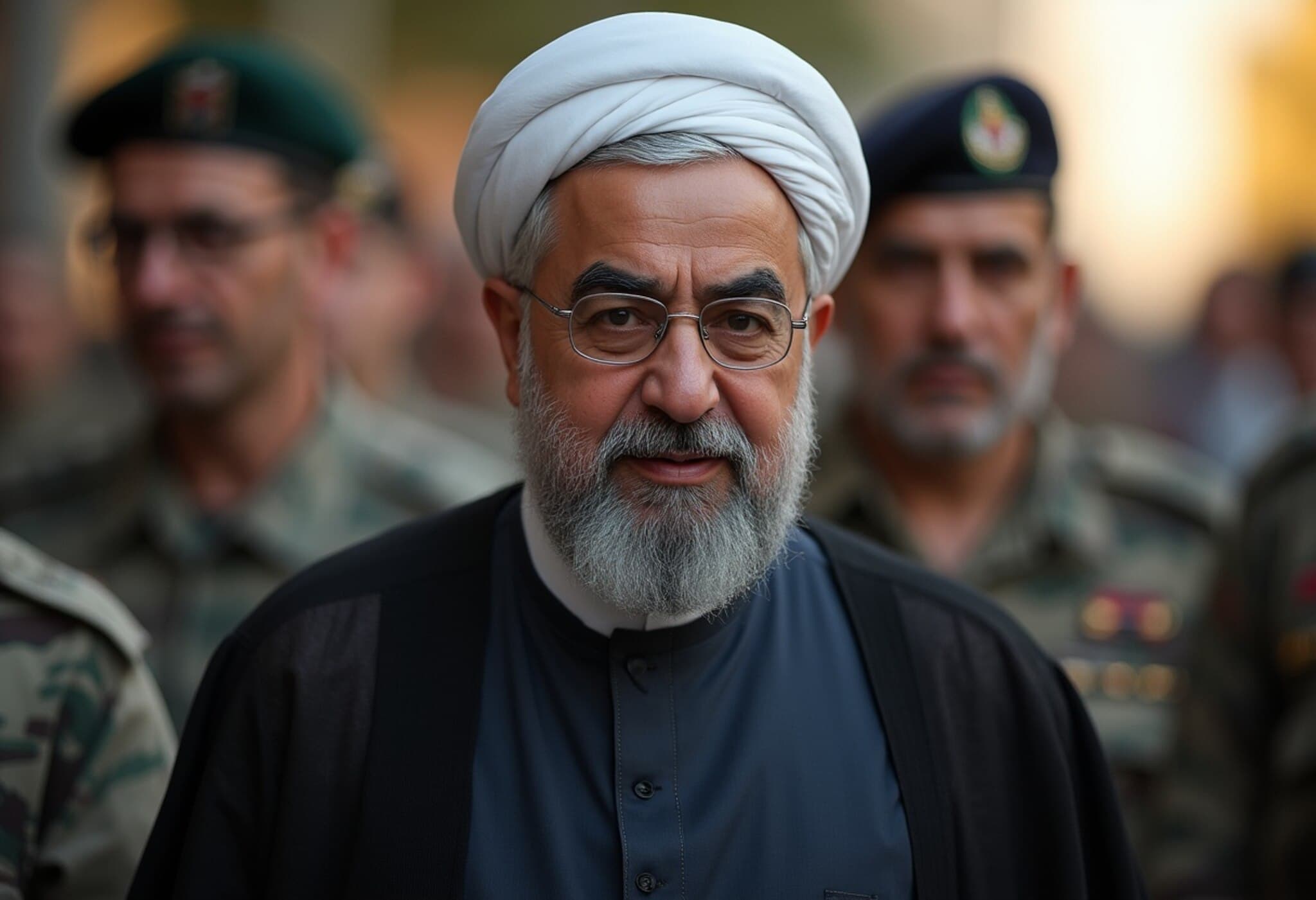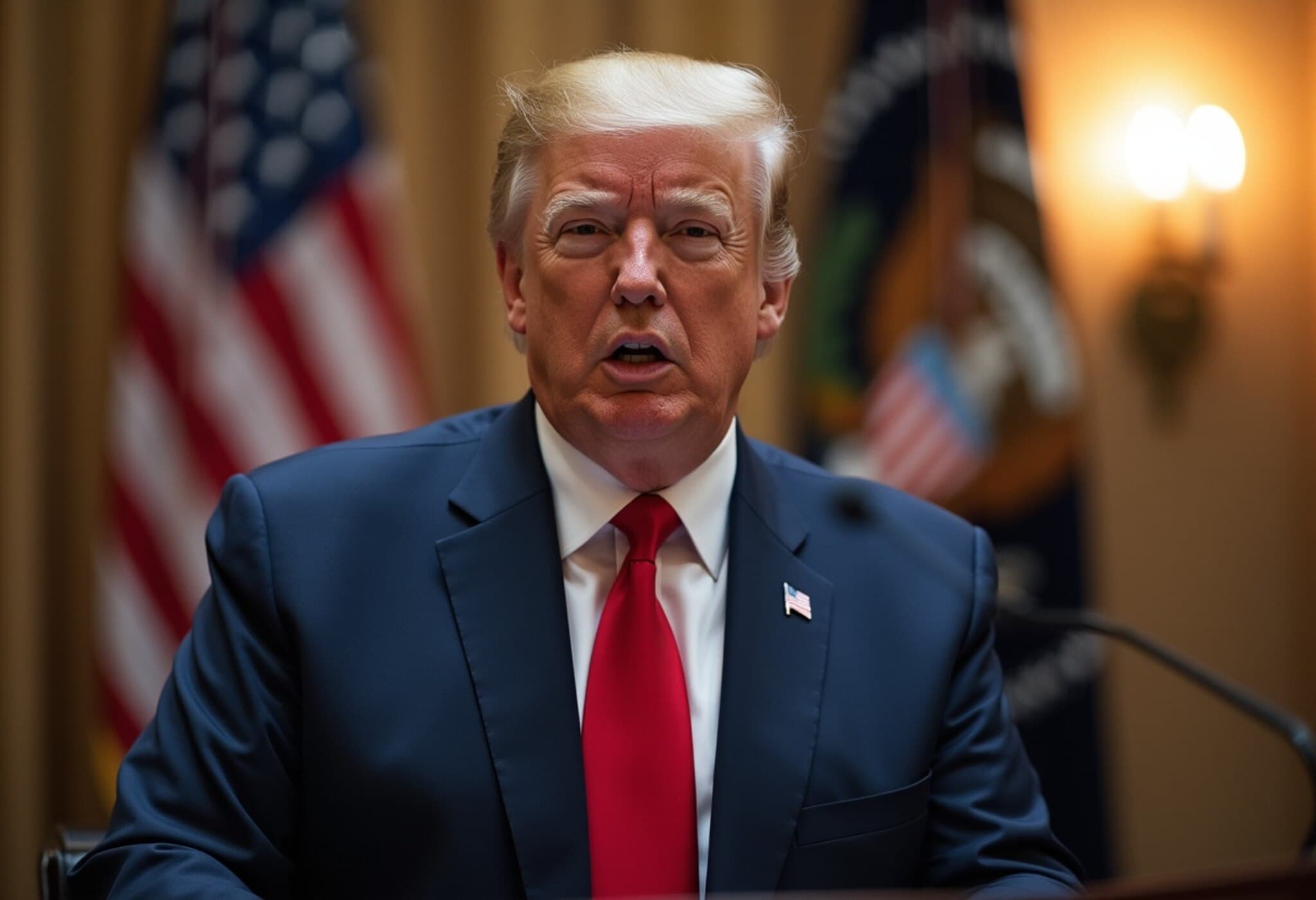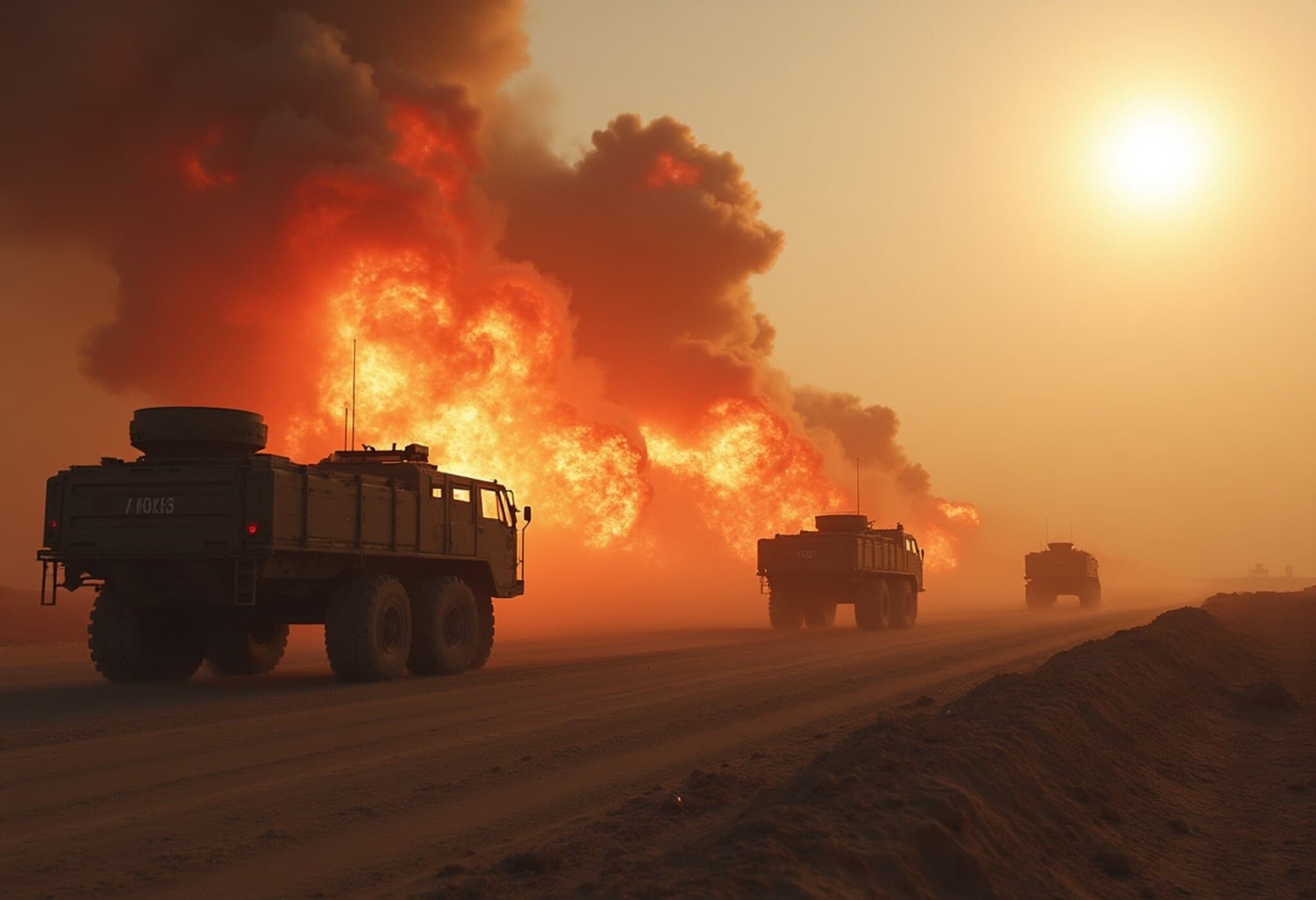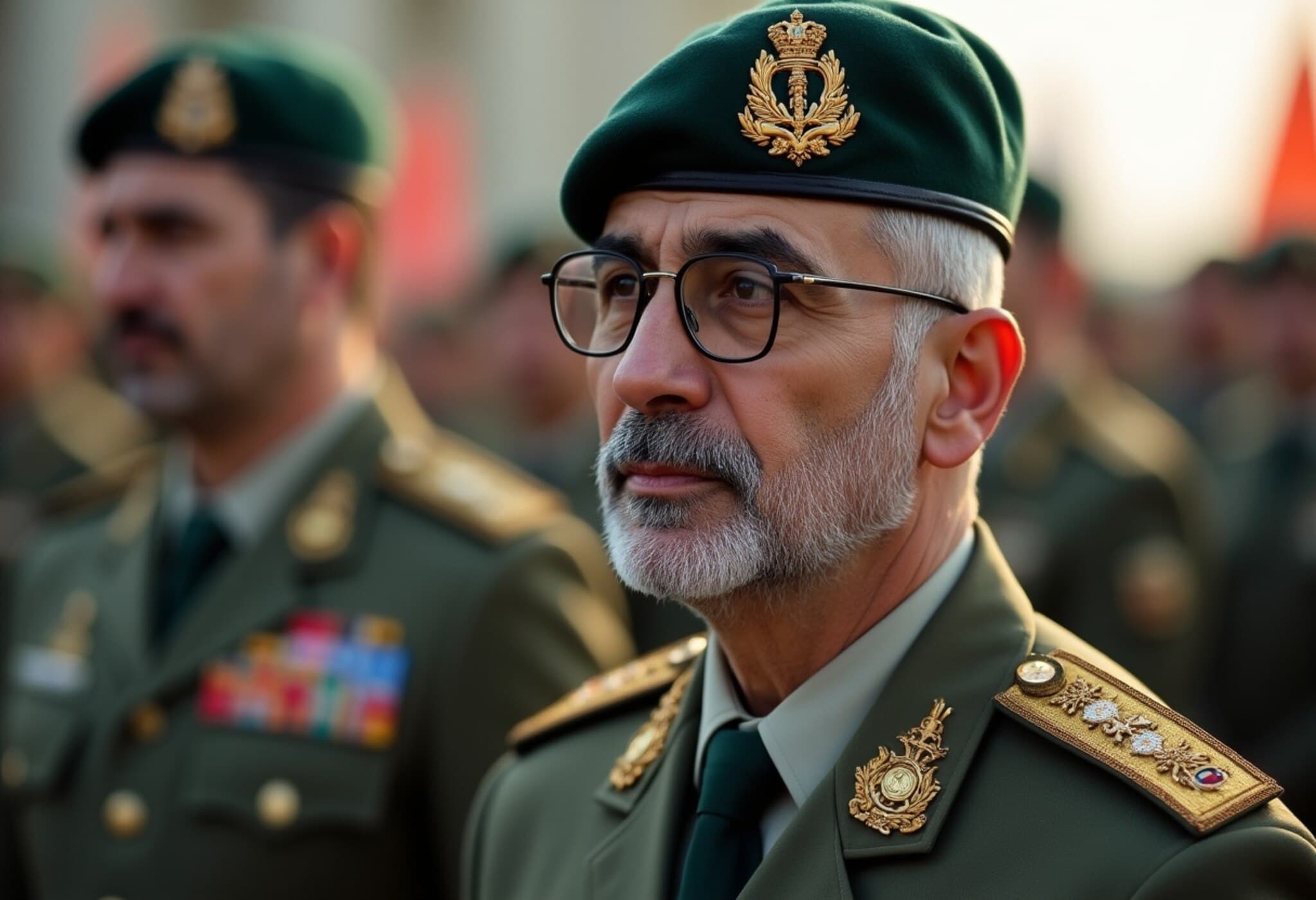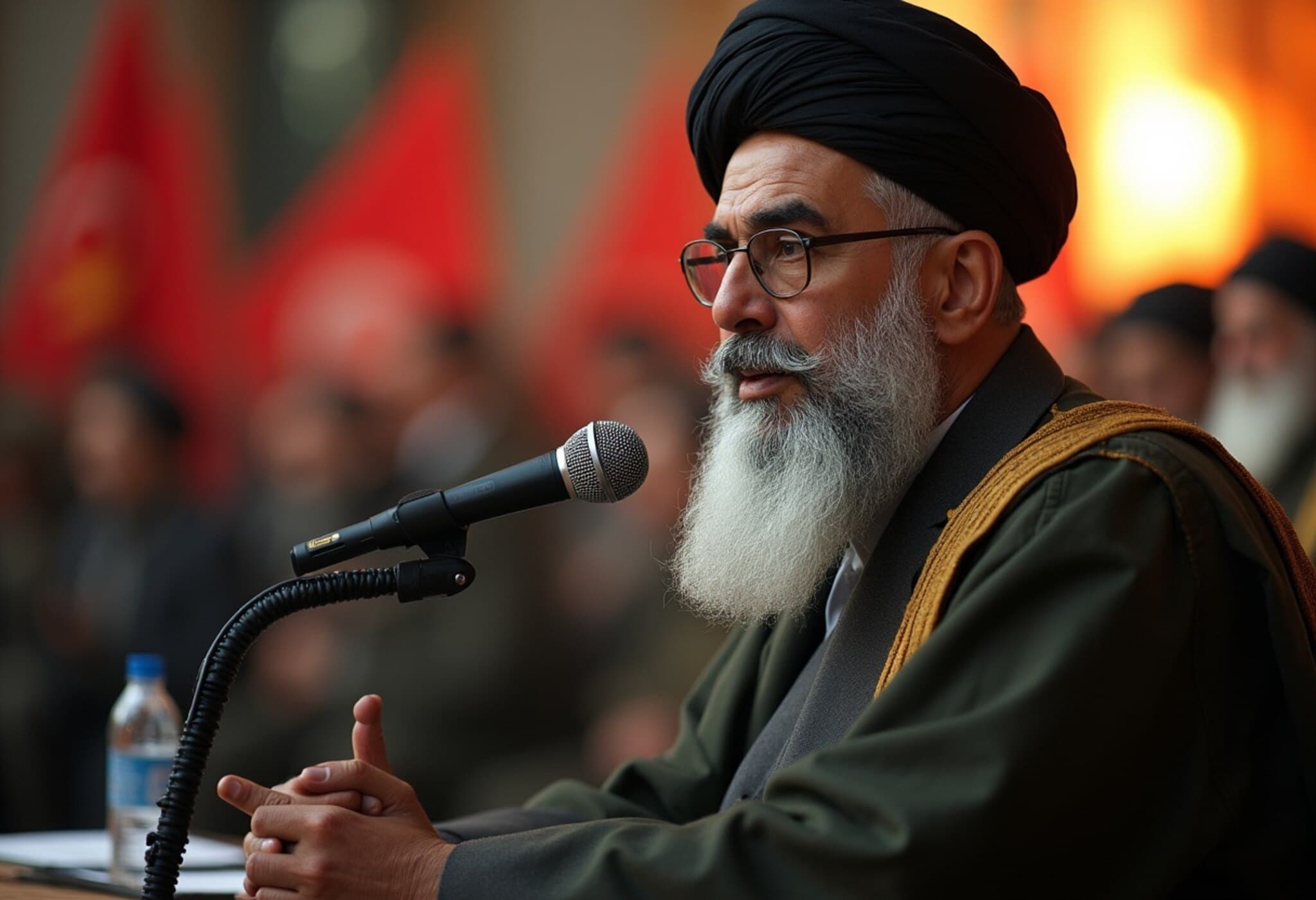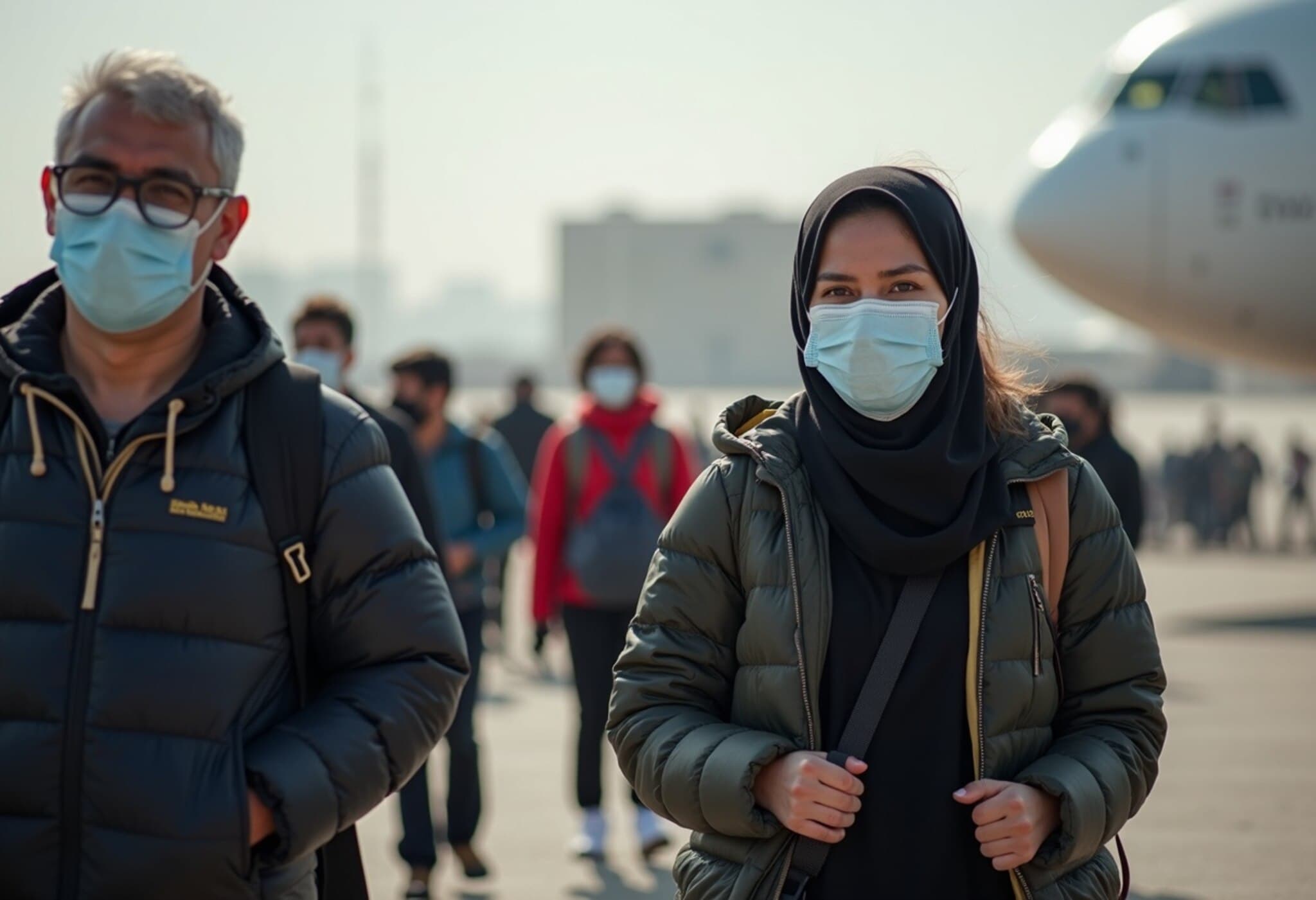Pakistan Threatens Nuclear Response to Israel Over Iran Conflict
In a startling statement amid escalating Middle Eastern tensions, a senior Iranian military official asserted that Pakistan would launch a nuclear strike against Israel if the latter uses nuclear weapons against Iran. The declaration came during a televised interview amid an intense exchange of missile fire between Iran and Israel.
Mohsen Rezaei’s Bold Warning
General Mohsen Rezaei, a top commander of Iran’s Islamic Revolutionary Guard Corps (IRGC) and member of the country’s National Security Council, claimed that Pakistan has pledged to retaliate with nuclear weapons should Israel resort to nuking Iran. Rezaei’s remarks underscored the heightened volatility in the region, where missile attacks have resulted in significant casualties—approximately 230 deaths in Iran and 18 in Israel reported so far.
Pakistan’s Position and Regional Fallout
While Pakistan has not officially confirmed any intention of launching nuclear retaliation, Rezaei emphasized that Pakistan stands firm in its support for Iran, urging the wider Muslim world to unify against common threats. Both Israel and Pakistan are among a select few nations that possess nuclear arsenals, making the potential for a wider conflict all the more concerning.
Pakistan’s defense minister had earlier raised alarms about Israel’s nuclear capabilities, warning of the destabilizing impact such power could have not only on the Middle East but on global peace. He described Israel as a "rogue state" whose actions could spark catastrophic consequences far beyond the region.
International Reactions and U.S. Involvement
Despite the sharpened rhetoric, there have been no direct responses from Israel or Pakistan addressed publicly regarding nuclear threats. Meanwhile, the United States continues to monitor the situation closely. U.S. leadership has issued stern warnings to Iran, cautioning against attacks that would provoke an overwhelming military response.
Efforts to broker peace between Israel and Iran remain fragile, as global powers tread carefully to avoid escalation. The complex geopolitical landscape involves several nations with diverse alliances and interests, making any unilateral military engagement a catalyst for broader conflict.
What Lies Ahead?
- Increased missile exchanges and casualties heighten fears of a regional war.
- Pakistan’s nuclear posture, whether rhetorical or strategic, adds new dimensions to Middle East security calculations.
- Calls for unity among Muslim nations signal a growing coalition against perceived threats, potentially broadening the conflict.
- International diplomatic efforts remain crucial to averting catastrophic nuclear confrontations.
As tensions soar, the global community watches nervously, hoping for restraint from all parties to prevent an all-out nuclear crisis.

